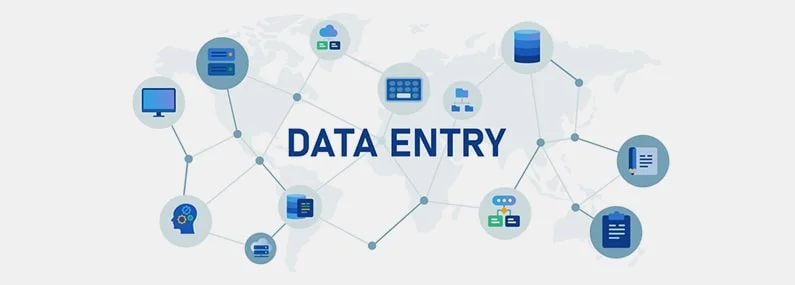
Introduction
Across industries, businesses are experiencing a transformation driven by data. Companies are now turning to data-driven decision-making to enhance efficiency, reduce costs, and stay competitive in a rapidly evolving landscape.
Why Data-Driven Decision-Making is Reshaping Business
Data-driven decision-making allows companies to maximize real-time insights, enhance operations efficiently, and respond swiftly to market fluctuations. By leveraging big data, businesses can improve customer service, optimize resource allocation, and increase profitability. With precise data, companies can analyze and identify trends, reduce risks, and make proactive strategic moves.
Companies that continue to rely on outdated methods face significant challenges, including inefficiencies, higher operational costs, and increased susceptibility to market volatility. Traditional decision-making processes often lack the agility required to adapt to rapid technological advancements and regulatory changes. Without leveraging modern data analytics, businesses risk falling behind competitors and missing valuable growth opportunities.
How Data is Transforming Businesses
- Predictive Analytics for Market Trends
Predictive analytics is improving market forecasting by allowing businesses to anticipate trends and customer behaviors with greater accuracy. By analyzing historical data, economic indicators, and industry insights, companies can optimize production, prevent inventory shortages, and reduce waste. This proactive approach ensures business continuity while minimizing costs.
- Optimizing Supply Chain and Asset Management
Data analytics plays an important role in improving supply chain efficiency and asset management. By utilizing real-time data, companies can enhance procurement strategies, minimize downtime, and maximize asset utilization. Predictive maintenance, enabled by IoT sensors and machine learning, helps identify potential equipment failures before they occur, reducing maintenance costs and improving operational efficiency.
The Future of Data in Business
Artificial Intelligence (AI) and automation are set to redefine business management. AI-powered algorithms can analyze vast amounts of data to optimize processes, enhance customer interactions, and improve overall operational efficiency. Automation streamlines operations, reducing human error and improving response times in critical situations.
To maximize the power of data, companies must adopt a data-driven culture. This involves investing in modern analytics tools, integrating IoT technology, and upskilling employees in data literacy. Additionally, leveraging cloud-based platforms for data storage and processing can provide scalable solutions for real-time decision-making. By embracing these advancements, businesses can position themselves for long-term success in an increasingly competitive industry.
Conclusion
The business world is on the cusp of a data revolution. Companies that embrace data-driven strategies will gain a significant competitive edge, ensuring efficiency, sustainability, and profitability. As technology continues to evolve, leveraging data analytics, AI, and automation will become essential for navigating market complexities and driving future growth.






0 responses on "The Power of Data in Business Decisions"